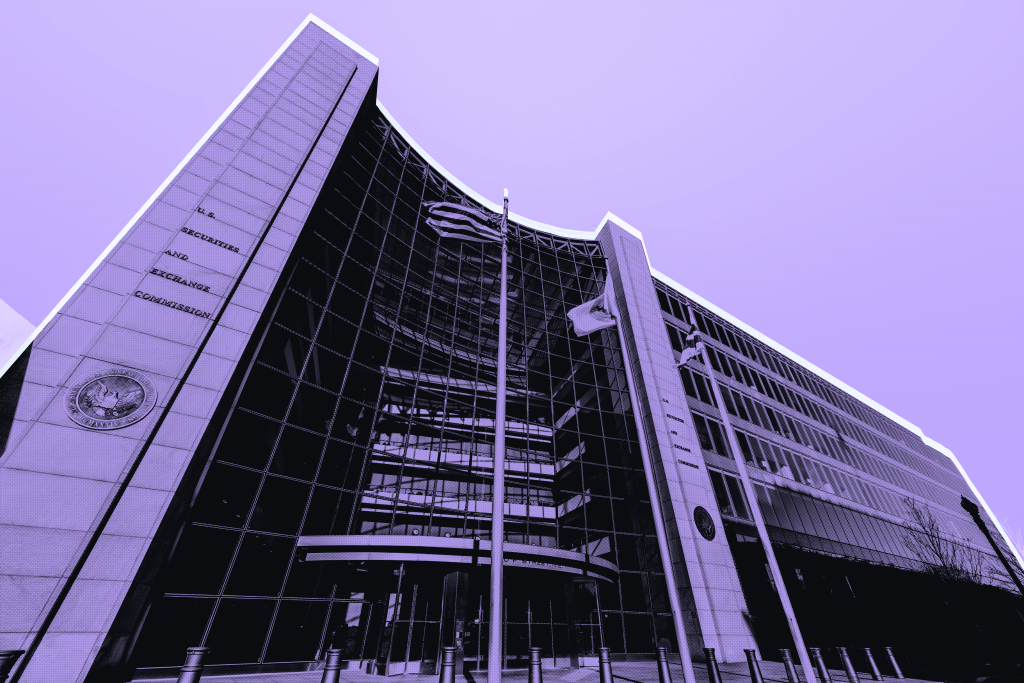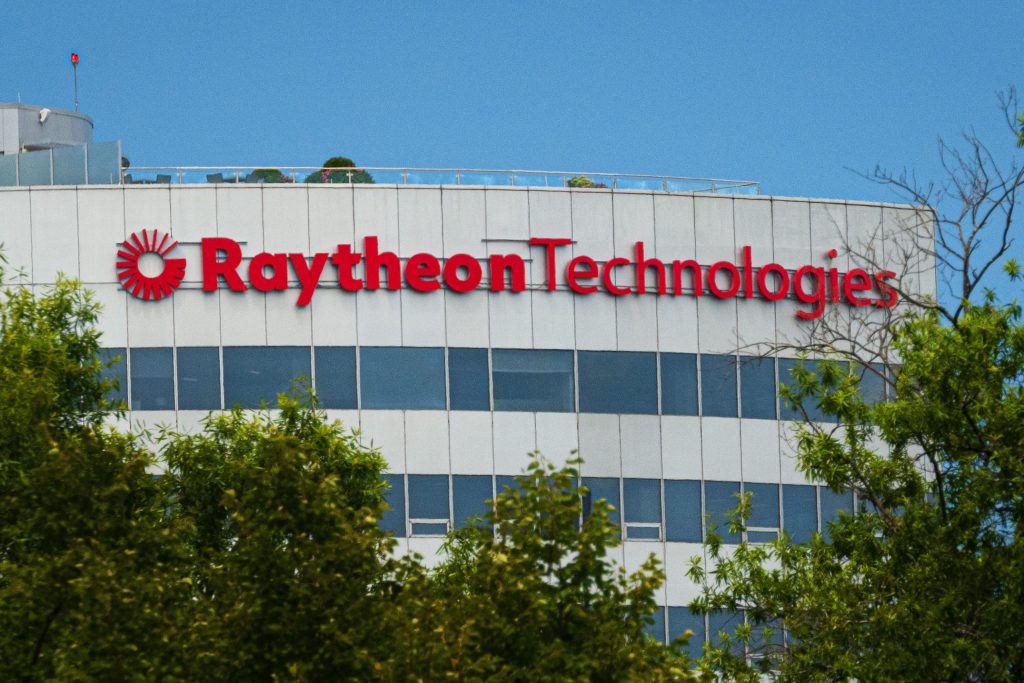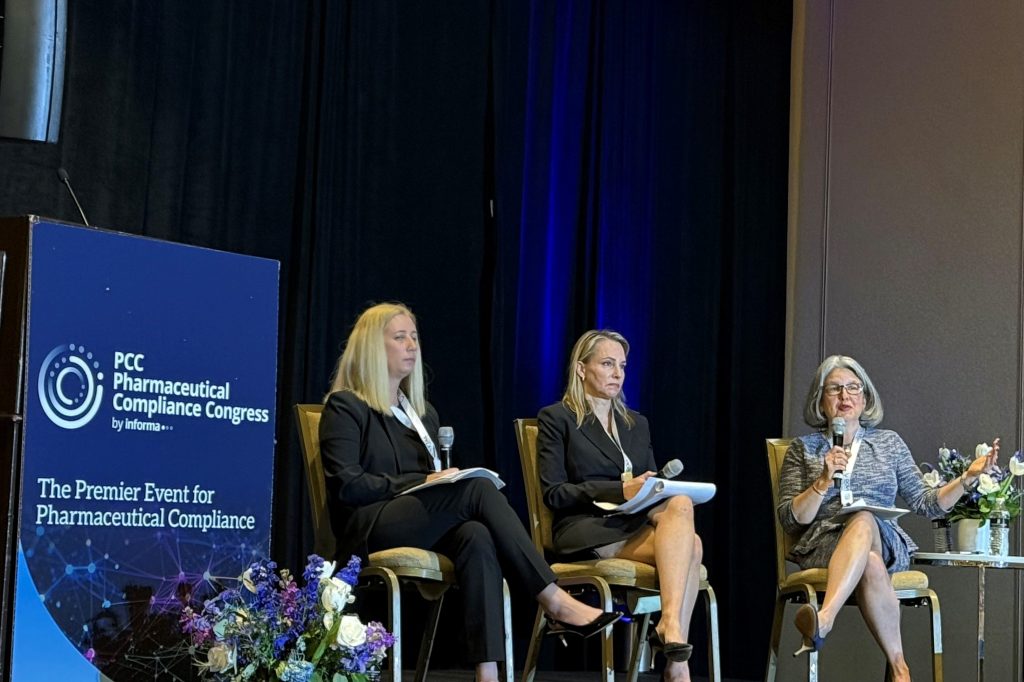The Financial Transactions and Reports Analysis Centre of Canada (FINTRAC) published a new Operational Alert, “Laundering the Proceeds of Illicit Synthetic Opioids,” saying it was part of the Government of Canada’s efforts to combat the threat posed by deadly illegal drugs, to protect vulnerable communities and save lives.
The new operational guidance, which includes practical lists of money laundering, virtual currency and opioid production indicators, will assist businesses in identifying and reporting financial transactions related to the laundering of proceeds from the importation, production and distribution of fentanyl and other illegal synthetic opioids.
The resulting reporting from businesses, the agency hopes, “will facilitate the production of actionable financial intelligence in support of law enforcement investigations and prosecutions of these appalling crimes.”
The alert is the result of the trilateral cooperation between FINTRAC, the US Financial Crimes Enforcement Network (FinCEN) and the Unidad de Inteligencia Financiera in Mexico.
These so-called Financial Intelligence Units have banded forces to create what is called The North American Drug Dialogue Illicit Financing Working Group, which will develop money laundering indicators related to illegal synthetic opioids; share money laundering trends, typologies and best practices; and instigate and support law enforcement investigations.
The Operational Alert notes how the illegal supply of fentanyl and other synthetic opioids in North America has been facilitated by the growing involvement of organized crime groups in its production, distribution and sale.
These groups are importing or diverting essential precursor chemicals and lab equipment from China and other Asian countries (India is one of the countries specifically named as a source of such chemicals in the alert) for the production of illegal synthetic opioids. They often use darknet marketplaces and virtual currencies to distribute and facilitate payments for fentanyl and other illegal synthetic opioids on an international scale. (That is in addition to more traditional methods of money laundering.)
The alert notes that although a decision to submit a suspicious transaction report “requires more than a ‘gut feel’ or ‘hunch’” possessing actual proof of money laundering is not required. Instead the facts, context and money laundering indicators are to be considered together in order to try to differentiate between legitimate and illicit transactions.
It is in order to help with such a determination that the indicator lists are included in the alert. Compliance officers and MLROs would be well advised to review the document and the indicator lists in order to ensure that their firm policies include key indicators in any assessment process and are more generally aligned with the recommendations being put forward by the regulators.
Facts and updates – a North American fight against deadly drugs
In its alert, FINTRAC included the following details:
- The alert was developed following an analysis of 5,000 suspicious transaction reports received between 2020 and 2023, alongside data from other financial intelligence units, assessments from domestic and foreign government and non-government organizations, and open source information, all of it brought together to enhance and corroborate suspicious trends, patterns, and indicators.
- Last year, FINTRAC provided 93 disclosures of actionable financial intelligence to its law enforcement partners, and it produced more than 4,600 financial intelligence disclosure packages in support of investigations of money laundering, terrorist financing and threats to the security of Canada.
And there are steps governments are taking to tamp down on the manufacture, distribution and financing of these synthetic drugs, with China being the jurisdiction where the majority of chemical precursors for fentanyl are manufactured. To that end:
- In January 2023, President Joe Biden, President Andrés Manuel López Obrador of Mexico, and Prime Minister Justin Trudeau of Canada established the Trilateral Fentanyl Committee during the North American Leaders’ Summit to guide priority actions to address the threat from illicit synthetic drugs, including fentanyl, in North America. It is unclear at this point what President Donald Trump’s stance on the committee is, but earlier this week he said his administration was discussing a 10% punitive duty on Chinese imports because of the fentanyl chemicals being sent from China to Mexico and Canada, the resulting fentanyl fuelling the opioid crisis in the US.
- In the US, civil claims have been filed by thousands of state, local and Native American tribal governments and other entities against several major pharmaceutical companies. Indeed, the Sackler family and Purdue Pharma, the maker of the addictive painkiller oxycontin, has just reached a $7.4 billion settlement with a bipartisan coalition of 15 states for fueling the opioid crisis, New York’s Attorney General Letitia James said. The settlement bars the Sackler family from selling opioids in the US and ends its control of Purdue. This comes seven months after the US Supreme Court overturned a prior deal with Purdue that would have given the Sackler family immunity from future opioid lawsuits, a provision that is not part of the new deal.
- And in October 2024, TD Bank, one of Canada’s biggest lenders, agreed to pay more than $3 billion and pleaded guilty to criminal charges in the US after facilitating the transfer of hundreds of millions of dollars in illicit funds by drug cartels and other criminals. Prosecutors alleged that the bank had operated with inadequate guards against money laundering for nearly a decade, failing to act even when bank staff flagged obvious cases of abuse, such as a customer making daily deposits of $1m in cash.

















